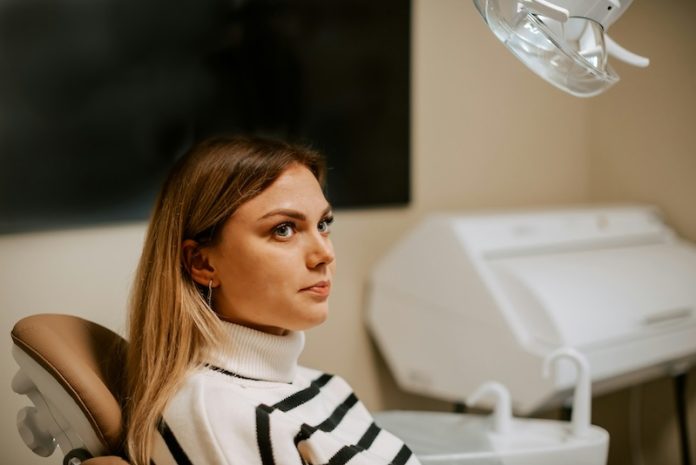
A cesarean section, or C-section, is a common surgical method used to deliver a baby when a natural (vaginal) birth isn’t possible or safe. During this operation, doctors make a cut through the mother’s belly and uterus to deliver the baby. In many cases, this procedure can save lives. But for some women, the effects of a C-section don’t end when they leave the hospital.
What many people don’t know is that more than 30% of women who have a C-section experience health problems months or even years later. These problems can include ongoing belly pain, heavy periods, or trouble getting pregnant again.
One major reason for these long-term issues is poor healing of the scar inside the uterus after surgery. When the scar doesn’t heal properly, it can form a small pouch or opening, known as a “niche.”
A large study done in the Netherlands found that around 60% of women who had a C-section developed this niche. In many cases, this scar defect leads to problems such as pain during periods, irregular bleeding, or difficulty having another baby. For a long time, these symptoms were not clearly understood, and there wasn’t even a name for them.
That changed recently when researchers at Amsterdam UMC, a medical center in the Netherlands, led an international study to better define this condition.
With the help of 31 specialists from different countries, including the U.S. and China, the team introduced a new medical term: Cesarean Scar Disorder, or CSDi. This name helps doctors and patients talk about the symptoms and health effects that come from a poorly healed C-section scar.
Until now, the lack of a clear name made it hard for doctors to diagnose or treat women who were suffering. Many women felt confused or even ignored when they talked about their symptoms. With the term CSDi, there is finally recognition that these issues are real and can seriously affect quality of life.
The researchers who worked on this study were all highly experienced. Each specialist had seen at least 50 women every year with symptoms related to CSDi. Together, they agreed on what signs and symptoms define the disorder, which makes it easier for doctors everywhere to recognize and treat it.
This research is important because it gives both doctors and women a better understanding of what might be going wrong after a C-section. It also means that new treatments can be developed and tested. Many women don’t know that pain or bleeding months after childbirth could be linked to their C-section. Now that CSDi has been officially recognized, they can get help sooner.
Understanding this condition can also help women make better decisions about how they want to give birth. Some women may choose to avoid a C-section unless it’s absolutely necessary, now that they know about the possible long-term effects. For those who do need a C-section, knowing the risks means they can be more aware of what to look out for later.
Dr. Saskia Klein Meuleman, the lead researcher, says that while C-sections are often necessary and life-saving, doctors and patients should not ignore the long-term impact they can have. Her work brings attention to the need for proper follow-up care and honest discussions about childbirth options.
With this new name and growing awareness, the hope is that women with Cesarean Scar Disorder will no longer be left in the dark. Instead, they will get the support, diagnosis, and treatment they deserve.
This study, published in JAMA Network Open, marks a big step forward in women’s health care and opens the door to future research that may help even more women recover fully after C-sections.
For readers interested in learning more about health, there are other studies worth exploring—such as how green tea or blueberries can support better health, or how common diabetes medications may protect the brain. Each of these discoveries, like the recognition of CSDi, brings us closer to better health for everyone.
If you care about health, please read studies about the benefits of low-dose lithium supplements, and what we know about egg intake and heart disease.
For more health information, please see recent studies about potatoes and high blood pressure, and results showing 6 best breads for people with heart disease.
Copyright © 2025 Knowridge Science Report. All rights reserved.



